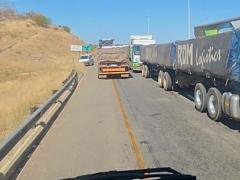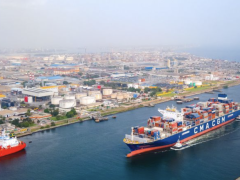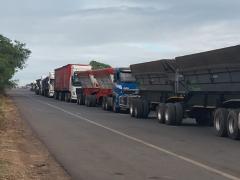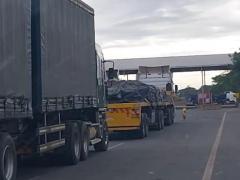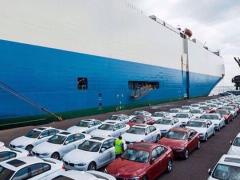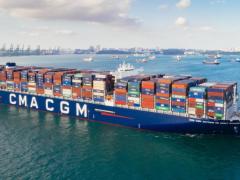The number of people worldwide facing hunger and starvation has increased by 18 million to 45 million since 2018, mostly because of the impact of conflict, climate change and Covid-19 on supply chain and freight costs.
In Afghanistan alone, where the oppressive Taliban regime retook control of the country earlier this year following a wholesale withdrawal of foreign military involvement, 23 million people are now without food because of a collapsed economy.
David Beasley, executive director of the World Food Programme (WFP), has said that spiralling oil prices, the resulting effect on food costs, and rampant shipping expenses have left millions of people without access to food.
By way of explanation, he said that whereas it cost $1000 a year ago to get a container of food to people facing hunger risk, shipping the same container now cost $4000.
One country alone, Afghanistan, which was now also moving into winter, would cost $220 million to feed per month from January, Beasley said.
The WFP’s food bill, he said, now required $7 billion per year to meet demand.
Recently the UN’s Framework Convention on Climate Change identified Madagascar as the first country to experience extreme food shortage because of climate change.
A report written by Elise Tempelhoff for Netwerk 24 said 1.3 million people on the Indian Ocean island were in food distress.
It also said that in the Ethiopian regions of Tigray, Afar and Amhara, where ongoing internecine fighting continued to disrupt lives, seven million people were facing starvation because of conflict.
In Syria too, ongoing conflict and the resulting destruction of domestic stability means 12.4 million people don’t have access to food on a daily basis.
In Yemen that figure is 16.2 million.
The WFP also listed the Democratic Republic of the Congo (DRC), destabilised by years of misrule and factional violence, as teetering on the brink of wide-scale scarcity.
Armed militias in the northwest of the DRC, the WFP said, were preventing farmers from tilling their lands.



